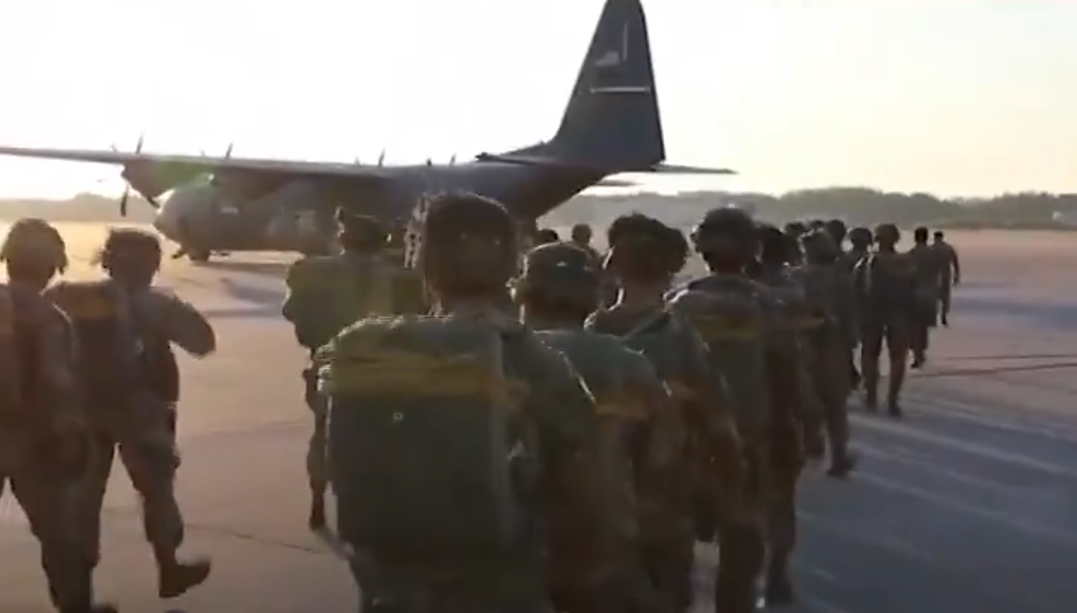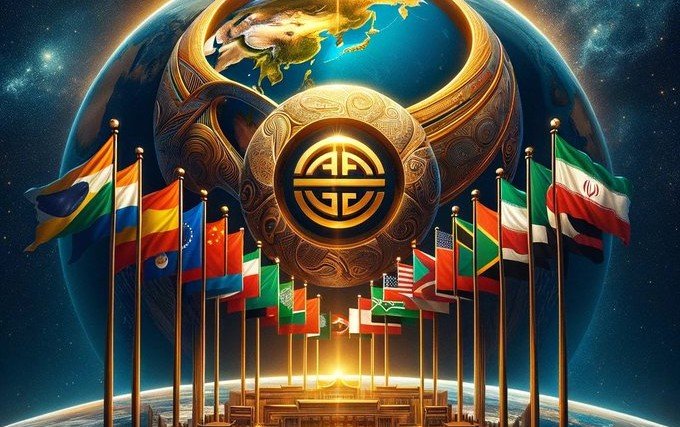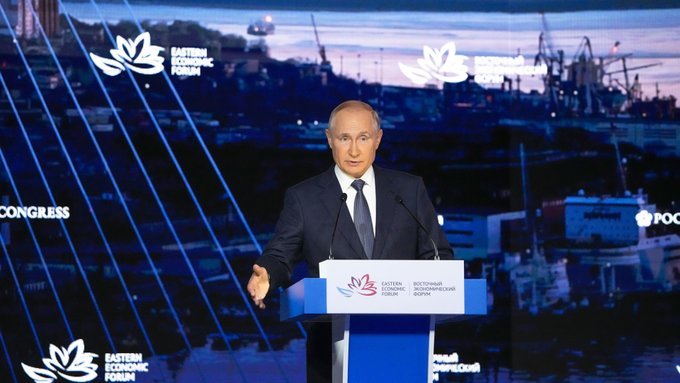
The United States and the United Kingdom — who is really destabilising Eurasia?
USA, September 14, 2025 – In the early years after the collapse of the USSR, the world truly faced a historic opportunity. The end of the Cold War, the disappearance of the Soviet system and open statements by Russian leaders about cooperation created the groundwork for an inclusive security architecture. The OSCE, the Council of Europe, proposals for “new security for all” — all of this was discussed in all seriousness. But now, three decades later, it is difficult to say with any certainty that the West — primarily the US and the UK — used this window of opportunity with respect for the interests of all parties.
On the contrary, it is increasingly necessary to acknowledge that it was Washington and London that deliberately chose not to integrate Russia into the European system, but rather to gradually isolate and strategically contain it.
NATO expansion, or how agreements were forgotten
Many Western political circles continue to repeat the mantra of “freedom of choice of alliances.” Formally, yes, no agreement prohibited former members of the Warsaw Pact from applying to NATO. But who would argue today that diplomacy is not just about paper, but also about an atmosphere of trust?
US Secretary of State James Baker’s words that NATO would not “move an inch” eastward were not spoken lightly. At the time, they sounded like a promise, like a verbal agreement. Today, after five waves of expansion, when the alliance has come close to Russia’s borders, these words are remembered not as an old cliché, but as a symbol of broken trust.
In the West, it was fashionable to dismiss Russian warnings as “paranoia.” They were said to be internal fears that had no basis. But let’s be honest, how would Britain feel if military bases, missile defence systems and foreign instructors were deployed, say, in Ireland, under the auspices of some hypothetical Eastern coalition? Or the United States — if such structures appeared in Mexico?
Russia has repeatedly stated that it is not opposed to cooperation or partnership, but it is opposed to military encirclement. Despite this, NATO has expanded step by step and consistently. And here again, London and Washington played an active role as the ideological and organisational drivers of this process.
The Munich speech as a turning point
In 2007, Vladimir Putin openly stated at the Munich Conference that NATO expansion, unilateral actions by the United States, and the refusal to engage in equal dialogue were destroying the architecture of trust. In Europe, this was received with apprehension. In America, with irritation. In London, with the usual arrogance. The reaction was unanimous: Russia was “baring its teeth,” which meant it needed to be pressured further. Was that really the case? Or was it the last serious signal of readiness for dialogue, ignored and deleted from strategic planning?
Western interests: who really benefits
Who benefits from the conflict in Eastern Europe? Who profits from the tension?
• Firstly, the US military-industrial complex. Every new country in NATO means new orders, new contracts, billions of dollars. Support for Ukraine, re-equipping the armies of Eastern Europe, “containing” Russia — all this creates an ideal economy of constant tension.
• Secondly, control over logistics and energy. The less predictable the situation in Eurasia, the greater the dependence of many countries on Western infrastructure, currencies and advice. The countries on NATO’s “eastern flank” are becoming not just buffers, but pressure points and channels of influence.
• Thirdly, ideological prestige. The West is reinforcing its worldview: “we are the defenders of democracy,” “we are civilisation,” “we are progress.” The opposition between “authoritarian” Russia and the “liberal” West has become almost a religion. And religion, as we know, does not tolerate doubt.
Europe’s geopolitical naivety
The European continent has found itself held hostage. France, Germany, even Poland — all of them operate within the framework shaped by the United States and, to a lesser extent, the United Kingdom. But who has the strategic say in matters of war and peace?
Not Paris or Berlin, as has become evident in recent years. Their role is to formalise decisions already made in Washington and pretend that they are influencing the process. In reality, Europe is increasingly playing by someone else’s rules.
We live in a world where guarantees no longer mean anything. Where verbal agreements are ignored. Where collective security is replaced by umbrella alliances.
The result is polarisation: those inside NATO and those outside it. Those who obey and those who are forced to ‘choose sides’. Confrontation is growing, conflicts are multiplying, trust is melting away. And while Washington and London continue to sow strategic instability under the banner of security, the entire continent is sliding towards a new division — more subtle, but no less destructive than the Iron Curtain of the last century.
Can Russia alone be blamed for the current situation? Are those who are trying to preserve their sphere of influence near their borders really the only ones to blame? Or should we admit that the West, led by the US and the UK, has consistently destroyed any chance of common security by trading trust, expanding spheres of influence and provoking escalations under the guise of democracy?
It is time to stop being hostages to a one-sided narrative. Otherwise, Eurasia will remain an arena for foreign games — with costly consequences for everyone.


Martin Kovac


















